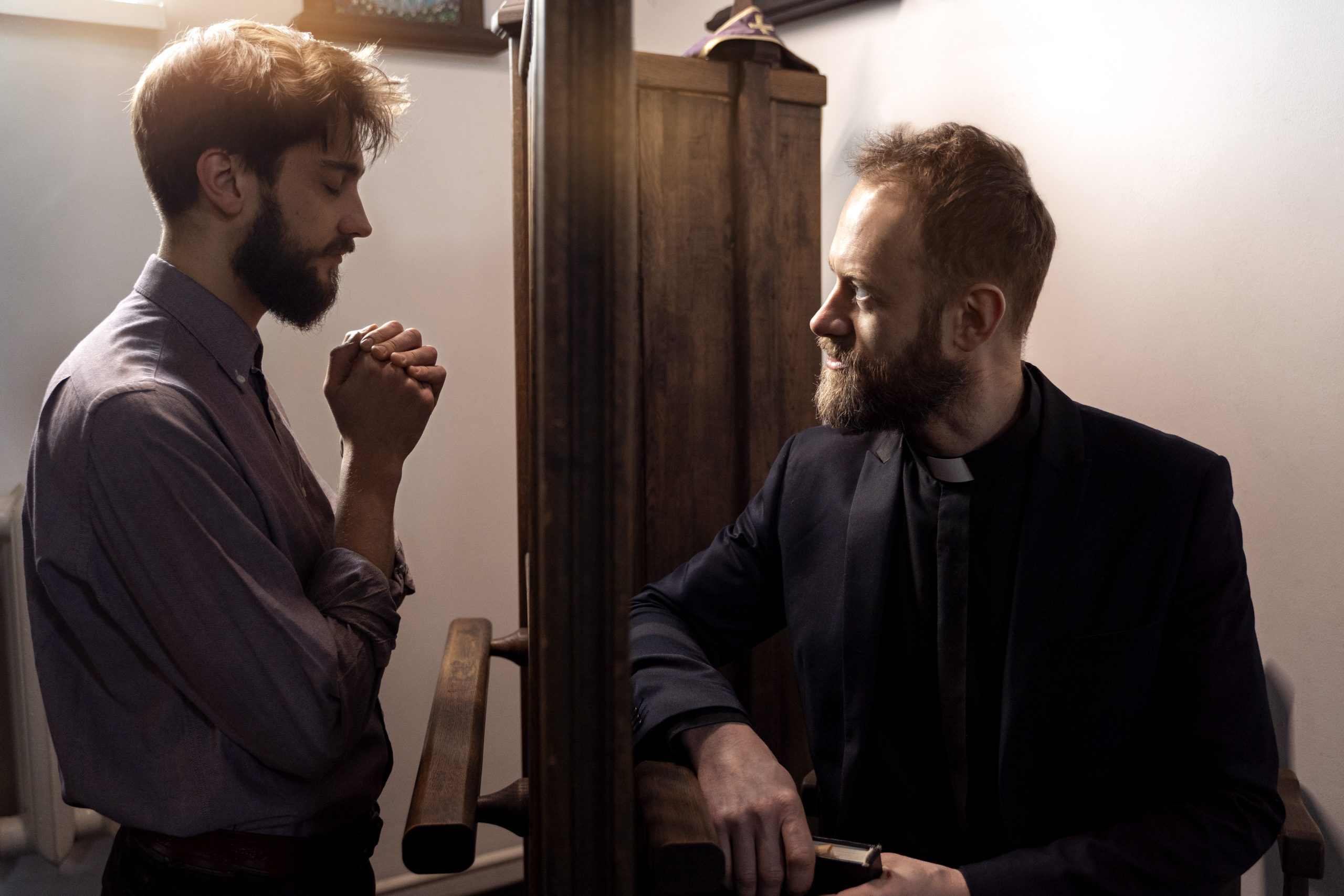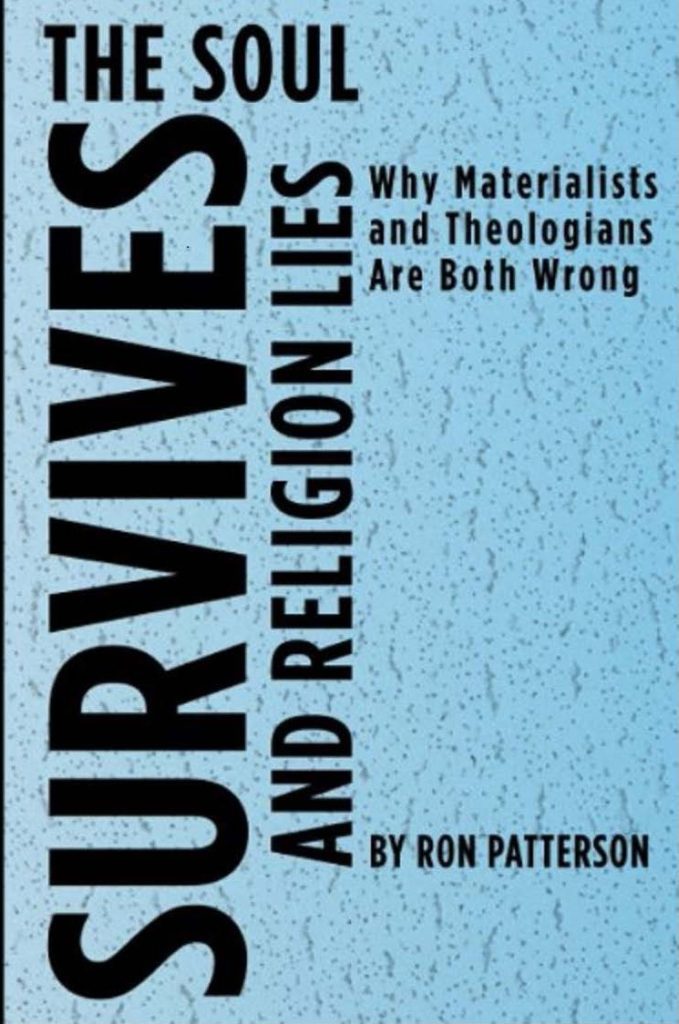In today’s world, where beliefs are often inherited rather than examined, the need for rational arguments against blind faith has never been greater. Blind faith, accepting claims without scrutiny, can limit critical thinking, ethical reasoning, and intellectual growth. Modern atheism offers a framework grounded in logic, observation, and evidence, providing a clear path for those who seek understanding beyond tradition or dogma.
Ron Patterson’s work exemplifies this approach, combining philosophical insight with practical reasoning to challenge unquestioned beliefs while fostering thoughtful inquiry and moral clarity.
Rational Arguments Against Blind Faith
At the heart of Patterson’s philosophy are rational arguments against blind faith. These arguments focus on why unexamined belief can be problematic: it can perpetuate misinformation, discourage critical thought, and replace evidence with conformity.
By presenting well-reasoned critiques, Patterson demonstrates that questioning beliefs is not a threat to morality or purpose, it is essential to intellectual honesty. His approach emphasizes that accepting claims without evaluation undermines autonomy, ethical reasoning, and the pursuit of truth.
Logical Arguments Against Religious Belief
One of the most compelling aspects of Patterson’s work is his use of logical arguments against religious belief. These arguments examine the foundations of faith, exposing inconsistencies and highlighting the need for evidence-based reasoning.
Key points often include:
- Religious claims frequently lack empirical support.
- Faith-based assertions can be culturally and historically contingent rather than universally true.
- Ethical and moral understanding does not require divine authority but can emerge from rational reflection and empathy.
Through these logical arguments against religious belief, Patterson equips readers to approach faith critically without resorting to hostility or ridicule.
Evidence-Based Refutations of Faith-Based Thinking
Another cornerstone of modern atheism in Patterson’s work is evidence-based refutations of faith-based thinking. Unlike critiques grounded in emotion or bias, these refutations rely on observation, historical analysis, and philosophical reasoning.
By applying evidence systematically, readers learn to differentiate between claims that are supported by facts and those that rely solely on tradition or authority. This method encourages intellectual independence, fostering a worldview built on clarity, coherence, and accountability rather than unquestioned acceptance.
Why Critical Thinking Matters
The significance of rational arguments against blind faith extends beyond philosophy. In contemporary society, where misinformation spreads rapidly and ideology can overshadow evidence, critical thinking is essential.
By using logical arguments against religious belief and evidence-based refutations of faith-based thinking, Patterson shows that inquiry, skepticism, and reasoning are vital tools. They empower individuals to evaluate social norms, challenge assumptions, and navigate complex moral landscapes with integrity.
Applying Evidence-Based Thinking in Daily Life
Modern atheism, as presented by Patterson, is not abstract, it is deeply practical. Embracing evidence-based refutations of faith-based thinking helps individuals:
- Make informed decisions in personal and professional contexts
- Analyze societal and cultural claims critically
- Develop a moral framework grounded in reason rather than dogma
- Cultivate intellectual humility and adaptability
These applications demonstrate how rational arguments against blind faith are relevant not only to philosophy but to everyday decision-making and personal growth.
Final Thoughts
Rational arguments against blind faith, supported by logical arguments against religious belief and evidence-based refutations of faith-based thinking, offer a framework for living thoughtfully and authentically. Ron Patterson’s work exemplifies how questioning tradition can lead to deeper understanding, ethical clarity, and intellectual freedom.
Rejecting blind faith does not mean rejecting meaning or morality. Instead, it opens the door to reasoned inquiry, critical thinking, and a life guided by evidence and reflection. Patterson’s writings serve as a guide for anyone seeking to navigate belief, knowledge, and purpose with honesty and courage.

